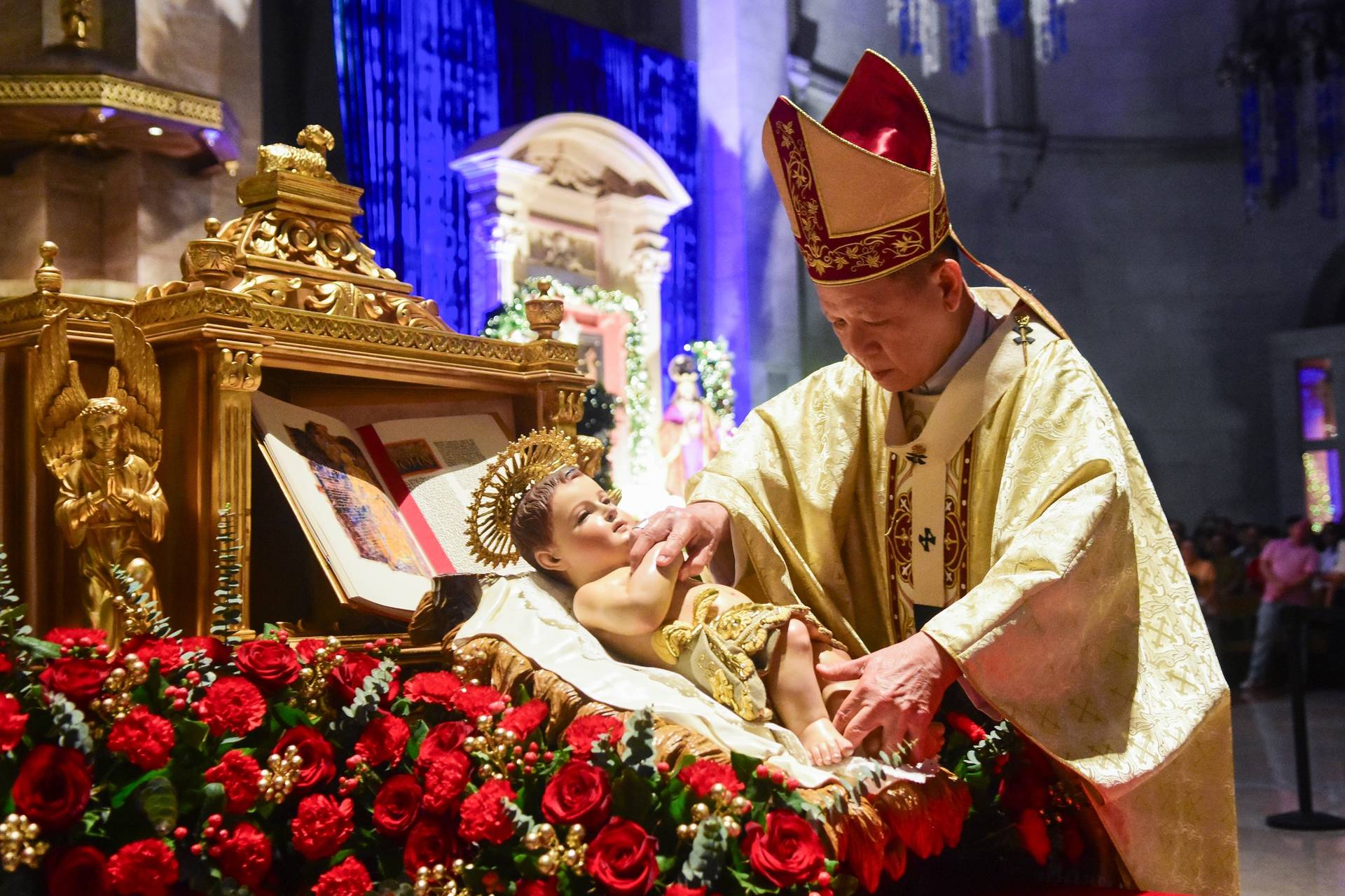MUMBAI, India – India’s top prelate spoke up for religious freedom and against absolutism in government during an online Mass on Monday.
Cardinal Oswald Gracias, Archbishop of Bombay and president of the Catholic Bishops’ Conference of India, made his remarks in reference to Jesus’s command to “Render to Caesar things that are Caesar’s and to God what are God’s’.”
Gracias has been broadcasting his daily Mass online due to the COVID-19 pandemic lockdown in India.
“Render unto Caesar the things that are Caesar’s was the official sanctity to the government – they have God-given authority, but that too has limits – not everything belongs to Caesar; some things belong to God. This is the beginning of human rights, the value of the individual, the value of the human person,” Gracias said.
The cardinal told the story of when the previous Prime Minister of India Atal Bihari Vajpayee expressed his surprise that he was prayed for during Catholic Masses, and that he has told the current Prime Minister Narendra Modi that the Church prays for him, too.
“Our governments deserve our loyalty,” Gracias said. “Hence I asked everyone to follow the rules of the lockdown, they are for our safety and the safety of others and of the nation.”
India has had 199,000 confirmed cases of the coronavirus with 5,598 people dying after testing positive for COVID-19, although the true number is suspected to be far higher.
The country went into lockdown on March 25, although it has begun to ease the restrictions.
The Catholic Church has suspended Masses during the lockdown and encouraged the faithful to follow the government’s instructions on preventing the spread of the virus.
“We must have the wisdom, prudence, understanding to understand the manner in which we give Caesar his due, by participating in all government responsibilities, paying taxes, etc. On the other hand, we have our responsibilities to follow our conscience where God is concerned,” Gracias said during his homily.
Speaking to Crux after the Mass, the cardinal said that when speaking of human rights, governments “should realize they do not own the soul of the person and the conscience of the individual.”
“Take the example of abortion; they cannot decide that abortion is right and that everyone should support,” he explained.
“Whatever our moral principles, they are moral principles and for that we should go by our conscience and the Church’s teaching and by the Gospel,” Gracias continued. “On the other hand, for other matters like the COVID situation, I have advised that we follow the government, as that is for our own safety.”
He said God has sanctioned the establishment of governments, and the Church respects this.
“We see the Divine hand in the appointment of this government and so in our conscience we obey that and get others also to obey. But for matters of conscience, we decide what we need to do,” he said.
He clarified that there are “certainly moments when we must be able to tell the government that this is not right.”
“We can give advice: Loyal advice and not destructive advice. That is the important thing. Loyal to the country as governments come and go, but we help the government of the time to be able to serve the country according to God’s law,” he said.
Among these items of conscience is religious freedom, which Gracias called “non-negotiable.”
“It is most essential. How we pray to God is completely the inner forum and no government in the world can dictate to me how I should pray to my God or think about God. That is what some totalitarian governments want to do. Such governments want to suppress and make sure that this or that religion is not followed,” the cardinal said.
He gave the example of some countries trying to force Catholic hospitals to perform abortions and other procedures considered illicit by the Catholic Church.
“It is against our conscience to have abortions in our hospitals. The government in India was accommodating and they did not insist too much, but there is certainly a need for a clear distinction on how much the government can interfere in the matter,” the cardinal said.
















